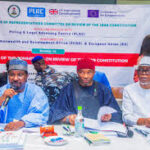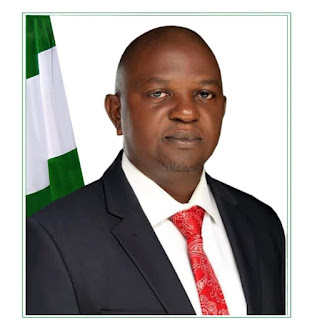FG debunks Lagdo dam water release rumour
By Akpan Glory The Federal Ministry of Water Resources and Sanitation says no water has been released from the Lagdo Dam in Cameroon, contrary to reports circulating in the media. The Minister, Prof. Joseph Utsev, said this in a statement, following his communication with the Lagdo Dam Manager, Ahmad Bivoung.Continue Reading














